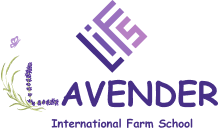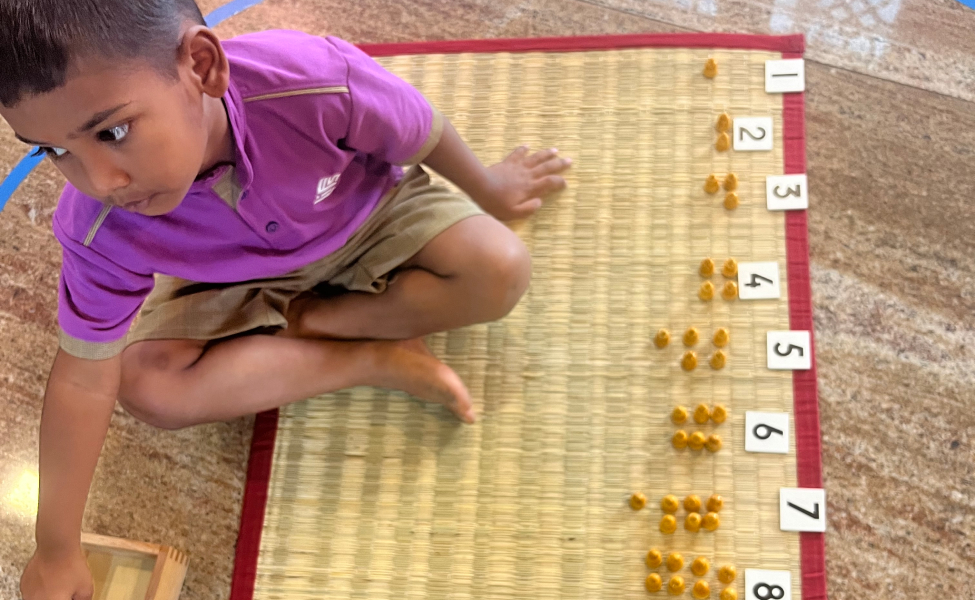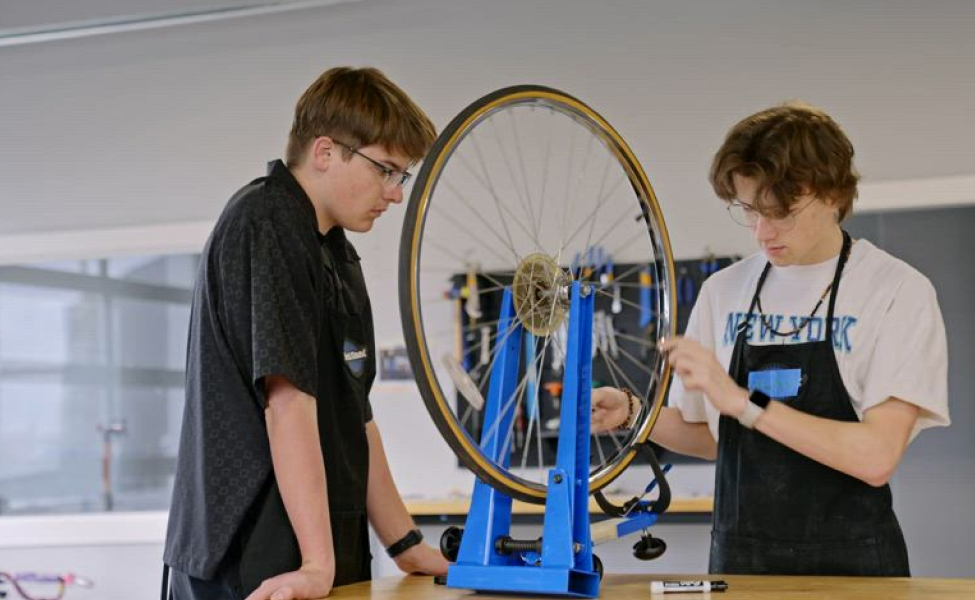Understanding the Montessori Philosophy
Before you start looking for a Montessori school, it’s essential to understand the underlying philosophy of this educational approach. Montessori education is child-centered, emphasizing independence, hands-on learning, and a collaborative play environment. The curriculum is designed to cater to each child’s individual pace of learning, with teachers serving as guides rather than traditional instructors.
The Role of a Montessori Teacher
Montessori teachers are trained to observe children and identify their needs, interests, and learning styles. They create an environment where toddlers feel safe to explore and are encouraged to make choices that reflect their curiosity and desire to learn.
Key Features of a Montessori School
When visiting Montessori schools, look for the following features that are indicative of a genuine Montessori program:
Emphasis on Mixed Age Classrooms
Montessori classrooms typically consist of children of varying ages. This setup allows younger children to learn from older peers and gives older children the opportunity to reinforce their knowledge by teaching concepts they have already mastered.
Prepared Environment
A well-prepared Montessori environment is rich with materials and activities that are designed to support self-directed exploration. The classroom should be orderly, with materials easily accessible to children.
Child-Centered Learning
Observe if the school practices child-centered learning. Children should be actively engaged with materials and allowed to work uninterrupted for extended periods, fostering deep concentration and a love for learning.
Evaluating the Curriculum
by National Cancer Institute (https://unsplash.com/@nci)
A robust Montessori curriculum is essential for your toddler’s development. Here’s what to look for:
Sensorial and Practical Life Skills
Montessori schools should offer a variety of sensorial materials that help children develop their senses. Practical life activities, such as pouring, spooning, or tying, are also fundamental, teaching children fine motor skills and independence.
Language and Math Readiness
Language and math readiness are integral parts of the preschool curriculum. Ensure that the school provides activities that promote language development and introduce mathematical concepts in a tangible, hands-on manner.
Cultural Studies and Science
Ask about the inclusion of cultural studies and science in the curriculum. A good Montessori school will expose toddlers to various cultures, geography, and basic scientific principles through engaging activities.
The Importance of a Supportive Community
Montessori education extends beyond the classroom. The school should foster a sense of community among students, parents, and teachers. Look for a school that encourages parental involvement and offers opportunities for families to engage with the school community.
Parent-Teacher Communication
Effective communication between parents and teachers is crucial. Inquire about the methods and frequency of communication. Regular updates on your child’s progress and events at the school are signs of a supportive, transparent environment.
Accreditation and Staff Credentials
Accreditation by a recognized Montessori organization, such as the American Montessori Society (AMS) or the Association Montessori Internationale (AMI), ensures that the school adheres to high standards. Additionally, verify the credentials of the teaching staff. Montessori-certified teachers have undergone specialized training that equips them with the skills necessary to implement the Montessori method effectively.
School Visits and Observations
Before making a decision, visit several Montessori schools. This will give you a feel for the environment and allow you to observe the interaction between staff and students.
What to Observe During Your Visit
During your visit, pay attention to the following:
- Are the children engaged and working independently?
- Do the teachers move through the classroom, offering guidance as needed?
- Is the environment calm, organized, and conducive to learning?
by Kimberly Farmer (https://unsplash.com/@kimberlyfarmer)
Taking the time to observe a typical day can provide valuable insights into whether a school is the right fit for your child.
Location and Logistics
Consider the location of the school and its proximity to your home or workplace. The convenience of the school’s location can have a significant impact on your daily routine. Additionally, inquire about the school’s hours of operation, after-school programs, and any additional services that may be important to your family.
Tuition and Financial Considerations
Montessori school tuition can vary widely. When comparing costs, take into account what is included in the tuition, such as meals or extracurricular activities. Some schools offer financial aid or scholarship programs, so be sure to ask about any available assistance.
Trusting Your Instincts
Ultimately, choosing the right Montessori school for your toddler also involves trusting your instincts. Pay attention to how you and your child feel during visits. A welcoming, nurturing environment where your child seems comfortable is often a good indicator that you’ve found the right place.
Final Thoughts on Choosing a Montessori School
Selecting a Montessori school for your toddler is a decision that requires careful consideration. By understanding the Montessori philosophy, knowing what to look for in a curriculum, and evaluating the overall environment and community, you can make an informed choice. Remember to consider the school’s accreditation, staff credentials, location, and tuition when making your decision.
by Brooke Cagle (https://unsplash.com/@brookecagle)
By taking the time to research and visit potential schools, you’ll be well on your way to providing your toddler with a solid foundation for lifelong learning. With the right Montessori school, your child will have the opportunity to grow and develop in a supportive, enriching environment that honors their individuality and fosters their natural curiosity.




